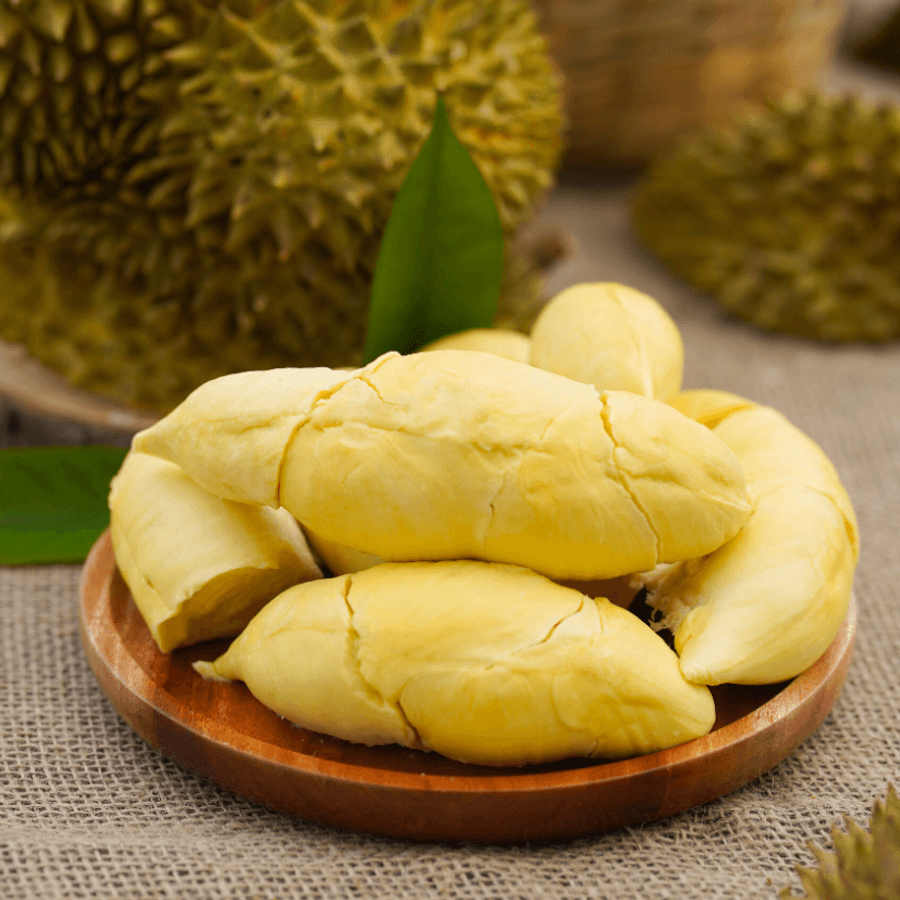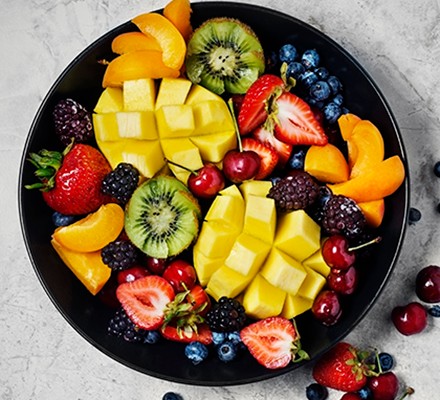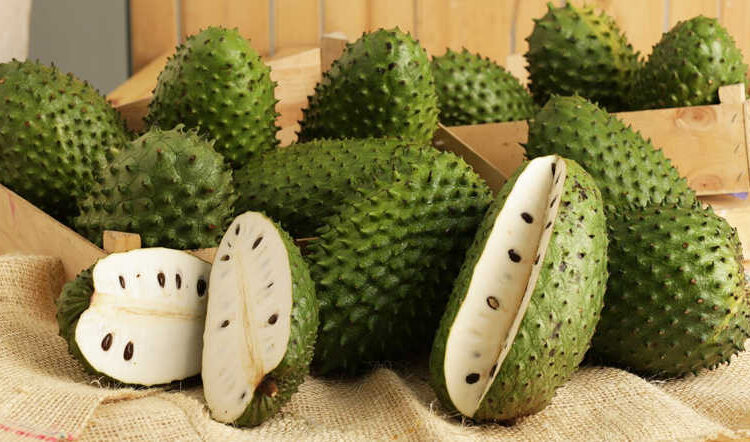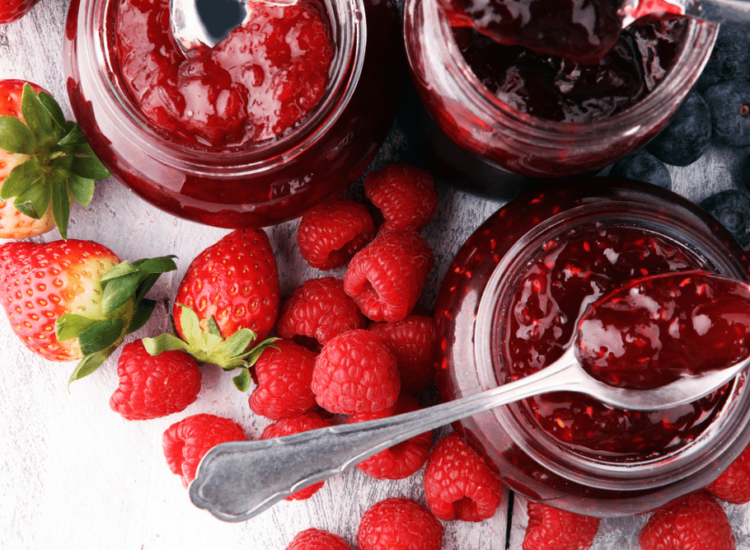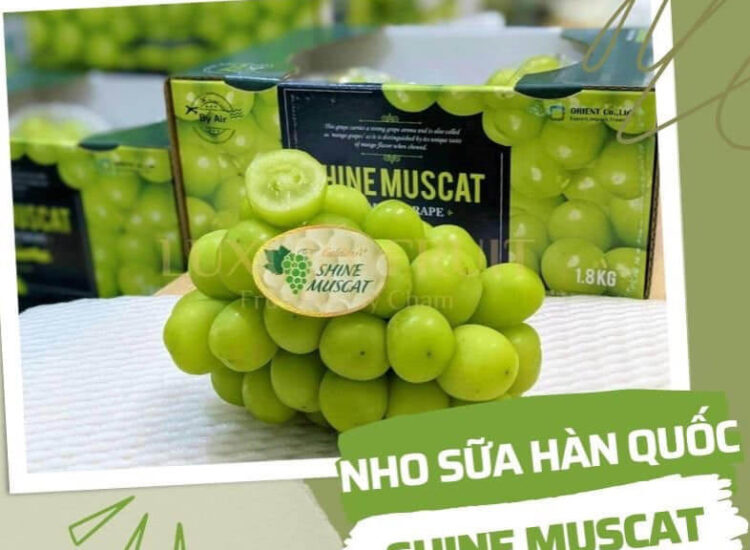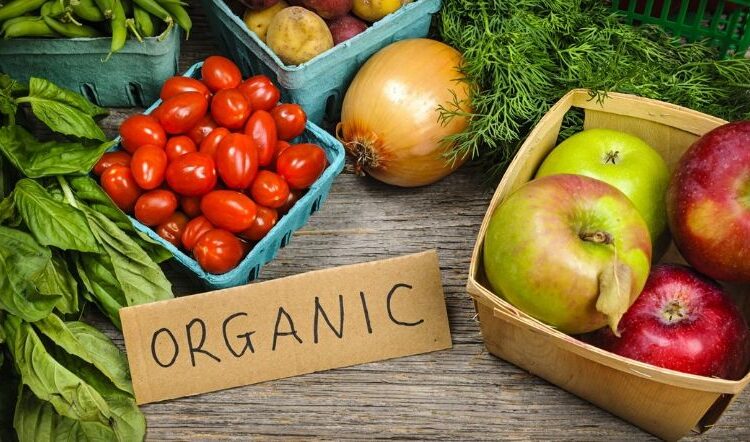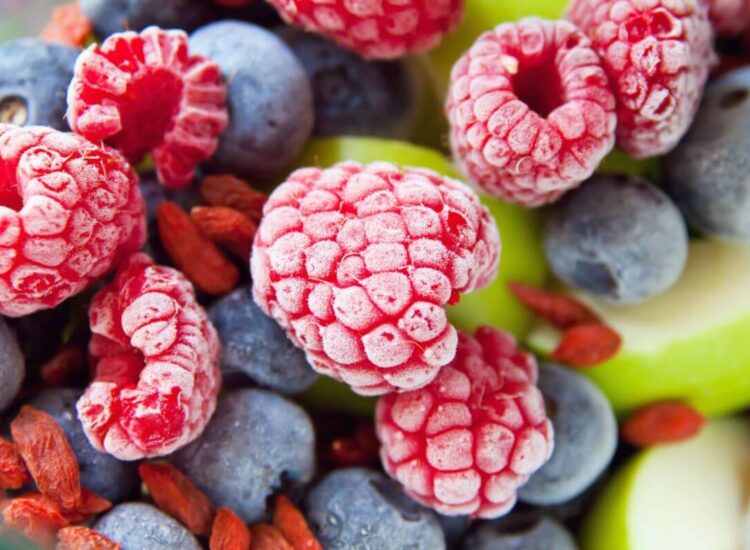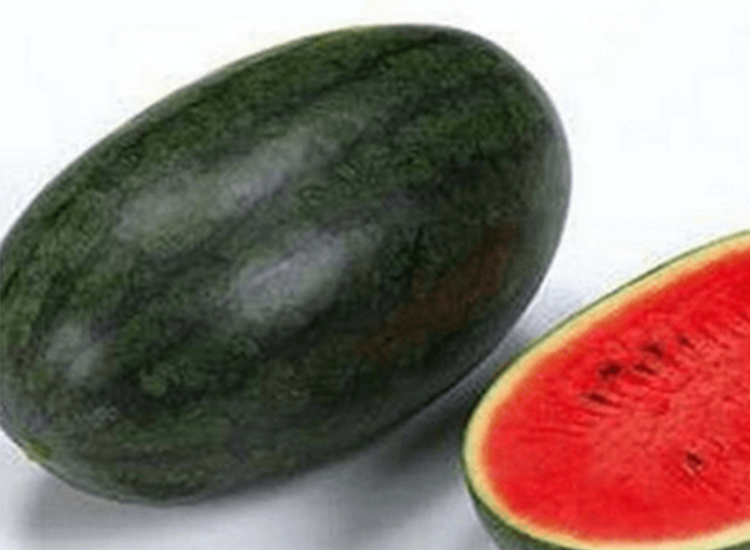The Nutritional Powerhouse Within the Prickly Husk: Understanding the Nutrition of Durian
Durian, often dubbed the “King of Fruits,” is a tropical fruit renowned for its distinctive, pungent aroma and creamy, custard-like flesh. While its smell can be divisive, its nutritional profile is undeniably impressive, making it a valuable addition to a balanced diet when consumed in moderation. This article delves into the rich nutritional composition of durian, exploring the various vitamins, minerals, macronutrients, and other beneficial compounds it offers.
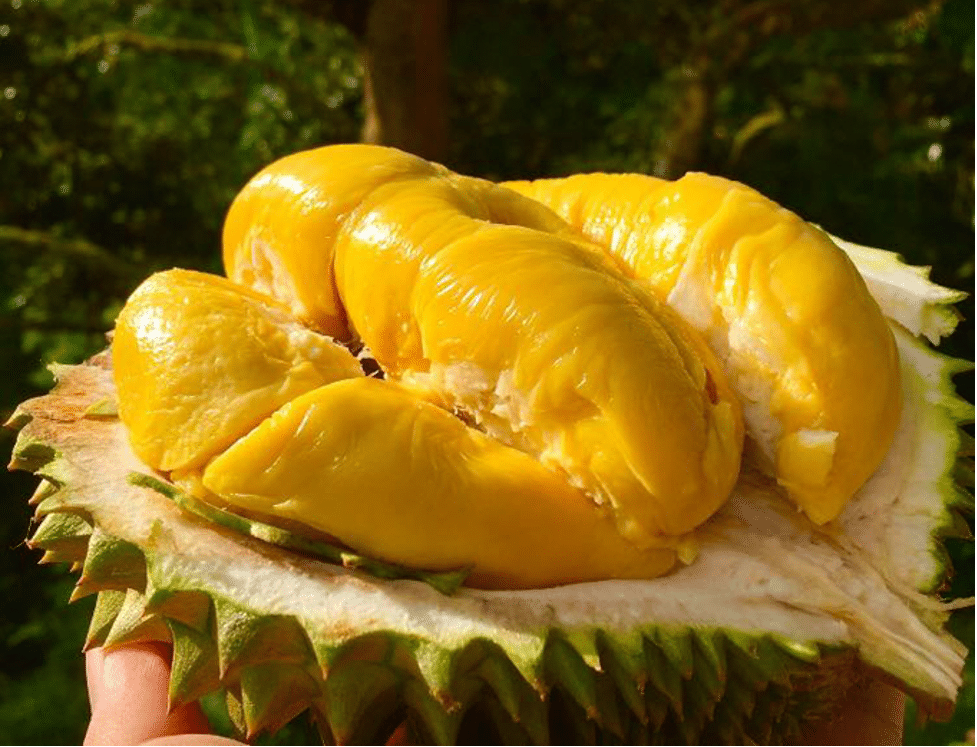
1. A Macronutrient Marvel: Carbohydrates, Fats, and Proteins in Durian
Durian stands out from many other fruits due to its relatively high content of all three macronutrients: carbohydrates, fats, and proteins.
- Carbohydrates: The primary macronutrient in durian, carbohydrates provide the body with its main source of energy. Durian contains a significant amount of natural sugars, including sucrose, fructose, and glucose, contributing to its sweet taste and high caloric density. It also contains some complex carbohydrates in the form of dietary fiber.
- Fats: Unlike most fruits, which are typically low in fat, durian contains a notable amount of healthy monounsaturated fats. These fats are beneficial for heart health and contribute to the fruit’s rich, creamy texture. While the fat content is higher than in many other fruits, it’s important to note that it’s primarily composed of these beneficial fats.
- Proteins: While not as high as in sources like meat or legumes, durian does contain a modest amount of protein, which is essential for building and repairing tissues in the body.
This unique macronutrient profile makes durian a more energy-dense fruit compared to many others, which is important to consider for portion control.
2. A Vitamin Treasure Trove: Essential Vitamins Found in Durian
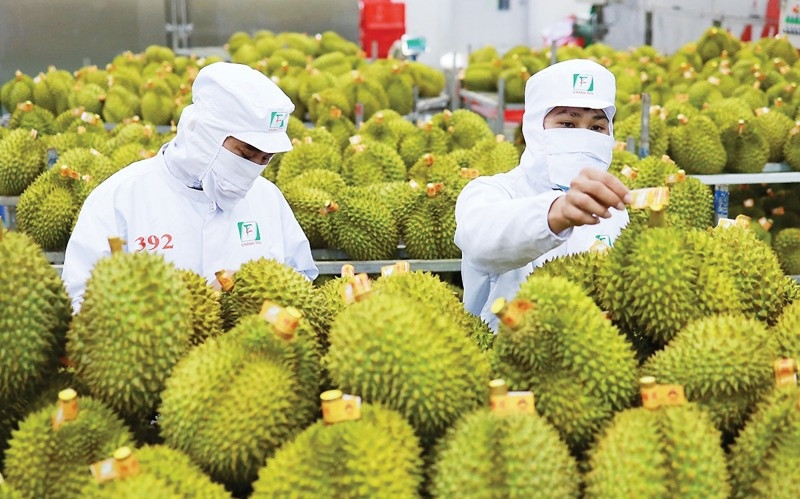
Durian is a good source of several essential vitamins that play crucial roles in maintaining overall health and well-being.
- Vitamin C (Ascorbic Acid): A powerful antioxidant, vitamin C is vital for immune function, collagen production, and the absorption of iron. Durian provides a significant amount of this important vitamin.
- B Vitamins: Durian is particularly rich in several B vitamins, which are essential for energy production, nerve function, and cell metabolism. These include:
- Thiamine (Vitamin B1): Important for converting carbohydrates into energy.
- Riboflavin (Vitamin B2): Involved in energy production and cell growth.
- Niacin (Vitamin B3): Plays a role in cholesterol metabolism, digestion, and nerve function.
- Pantothenic Acid (Vitamin B5): Involved in hormone and cholesterol production.
- Pyridoxine (Vitamin B6): Crucial for brain development and function, as well as the metabolism of proteins and fats.
- Folate (Vitamin B9): Essential for cell division and the formation of red blood cells.
- Vitamin A (Carotenoids): While not as high as in some other fruits, durian contains carotenoids, which the body can convert into vitamin A. Vitamin A is important for vision, immune function, and cell growth.
The diverse range of vitamins present in durian contributes to its overall nutritional value and potential health benefits.
Related articles 01:
2. https://traicay350.com/hoa-qua-huu-co-co-gia-tri-dinh-duong-gi-dac-biet/
3. https://traicay350.com/nuoc-trai-cay/
4. https://traicay350.com/trai-cay-nhap-khau-trung-quoc-dep-mat-nhung-lieu-co-dam-bao/
5. https://traicay350.com/nhung-loi-ich-va-tac-hai-cua-hoa-qua-say-doi-voi-suc-khoe/
3. Mineral Powerhouse: Key Minerals Abundant in Durian
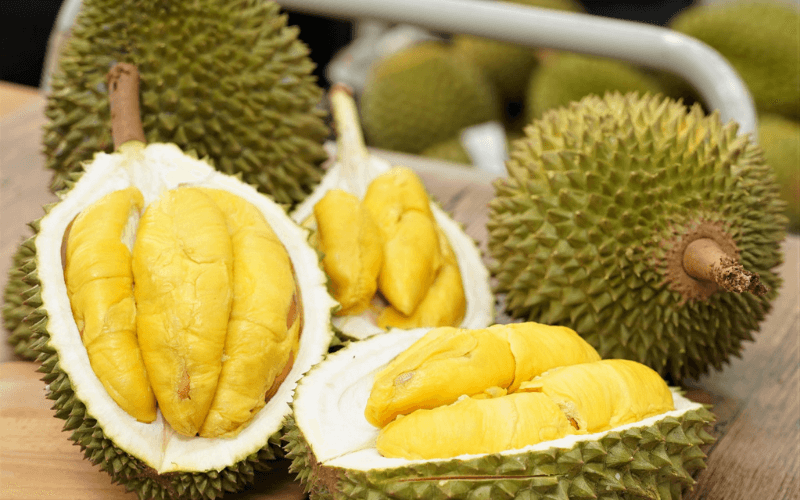
Beyond vitamins, durian is also a good source of several essential minerals that are vital for various bodily functions.
- Potassium: An electrolyte crucial for maintaining fluid balance, nerve signals, and muscle contractions, including the heartbeat. Durian is particularly high in potassium.
- Manganese: Involved in bone formation, metabolism, and antioxidant defense.
- Magnesium: Plays a vital role in muscle and nerve function, blood sugar control, and blood pressure regulation.
- Iron: Essential for the transport of oxygen in the blood.
- Copper: Involved in iron metabolism, nerve function, and the formation of connective tissue.
- Phosphorus: Important for bone and teeth health, as well as energy production.
- Zinc: Crucial for immune function, wound healing, and cell growth.
The abundance of these essential minerals further underscores the nutritional richness of durian.
4. Fiber for Digestive Health: The Role of Dietary Fiber in Durian
Durian contains a good amount of dietary fiber, which is crucial for maintaining a healthy digestive system. Fiber adds bulk to the stool, promoting regular bowel movements and preventing constipation. It can also help regulate blood sugar levels, lower cholesterol levels, and contribute to feelings of fullness, which can aid in weight management. Including durian in moderation can contribute to your daily fiber intake.
5. Antioxidant and Phytonutrient Power: Protecting Against Cellular Damage
Durian is a source of various antioxidants and other beneficial plant compounds, also known as phytonutrients. These compounds help protect the body against oxidative stress caused by free radicals, which are unstable molecules that can damage cells and contribute to chronic diseases. Some of the notable antioxidants and phytonutrients found in durian include:
- Polyphenols: A large group of plant compounds with antioxidant and anti-inflammatory properties.
- Carotenoids: Pigments that act as antioxidants and can be converted to vitamin A in the body.
- Organosulfur Compounds: These compounds are responsible for durian’s characteristic strong smell and may also possess antioxidant and other beneficial properties.
The presence of these compounds contributes to the potential health benefits associated with durian consumption.
6. Understanding the Calories: The Energy Density of Durian
Related articles 02:
1. https://traicay350.com/co-bao-nhieu-loai-sau-rieng-dac-diem-cua-cac-loai-sau-rieng-la-gi/
2. https://traicay350.com/trai-cay-say-lanh-la-gi-uu-diem-cua-cong-nghe-say-lanh/
3. https://traicay350.com/nhung-su-that-thu-vi-ve-trai-cay-co-the-ban-chua-biet/
4. https://traicay350.com/mam-ngu-qua-ngay-tet-bieu-tuong-dam-da-ban-sac-viet/
Due to its higher content of carbohydrates and fats compared to many other fruits, durian is relatively high in calories. A typical serving of durian can contain a significant number of calories. While this makes it an energy-dense food that can be beneficial for individuals needing to increase their calorie intake, it also means that portion control is important for those managing their weight or calorie intake. Understanding the caloric density of durian is key to enjoying it as part of a balanced diet.
7. Durian Compared: A Nutritional Standout Among Fruits
When compared to other common fruits, durian exhibits a unique nutritional profile. While many fruits are primarily high in carbohydrates and low in fats and proteins, durian offers a more balanced macronutrient composition. Its vitamin and mineral content is also notable, often surpassing that of many other popular fruits in certain categories, such as potassium and some B vitamins. However, its higher caloric density distinguishes it from lighter, more water-rich fruits. This comparison highlights durian’s unique place in the fruit kingdom, offering a different kind of nutritional contribution.
8. Potential Health Benefits Derived from Durian’s Nutritional Content
Based on its rich nutritional profile, durian may offer several potential health benefits:
- Boosting the Immune System: The high vitamin C content can help strengthen the immune system.
- Promoting Energy Production: The abundance of B vitamins plays a crucial role in converting food into energy.
- Supporting Nerve and Muscle Function: Minerals like potassium and magnesium are essential for proper nerve and muscle function.
- Contributing to Red Blood Cell Formation: Folate and iron are vital for the production of healthy red blood cells.
- Maintaining Bone Health: Minerals like magnesium, phosphorus, and manganese contribute to strong and healthy bones.
- Providing Antioxidant Protection: The various antioxidants present in durian can help protect the body against cellular damage.
It is important to note that while durian offers these potential benefits, it should be consumed as part of a balanced diet and not as a sole source of nutrition or a cure for any ailment.
Conclusion: A Nutrient-Rich Treat to Enjoy in Moderation
Durian is undoubtedly a nutritionally rich fruit, offering a unique combination of macronutrients, a wide array of essential vitamins and minerals, dietary fiber, and beneficial antioxidants. While its strong aroma and high caloric density might make it a controversial fruit for some, its impressive nutritional profile cannot be denied. When enjoyed in moderation as part of a balanced dietary pattern, durian can contribute valuable nutrients to the body and potentially offer various health benefits. Understanding the nutritional power within its prickly husk allows for a greater appreciation of this fascinating and flavorful tropical fruit.
